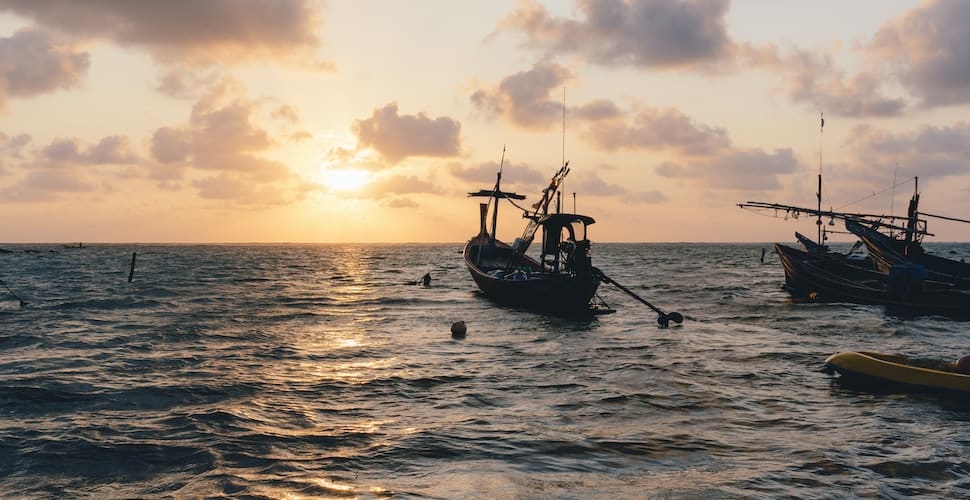An Indonesian NGO has urged its government not to send sailors to Chinese fishing vessels after investigations failed to stop the abuse of fishermen.
According to Destructive Fishing Watch (DFW), 14 Indonesian sailors died or went missing on Chinese fishing boats between last November and August this year.
Earlier this year, it was revealed that Indonesian fishermen were being forced to work—in three cases to death—aboard the fishing vessel Long Xing 629.
According to survivors’ testimony, fishermen were forced to work more than eighteen hours in a day with no break and were subject to physical abuse and malnourishment.
Yet despite international outcry and investigations, including an appeal from the Indonesian government to the United Nations Human Rights Council, the abuse continues.
One man from West Java, Mr. Swarno, reports that he experienced shocking violence and exploitation on the Chinese fishing vessel he worked on from November to June last year.
According to Swarno, while Chinese sailors were given light work, he and other Indonesian workers were assigned heavy labor, working long hours with no days off and little food.
Swarno also documented the death of another sailor, who like the victims on Long Xing 629 was physically assaulted and overworked.
When Swarno and others refused to work after they stopped receiving his wages, they were beaten with an electric rod.
Tokyo Shinbun reports:
“I needed a job,” he says, explaining why he boarded the ship… “I didn’t know there was slave-like treatment… I was threatened with a salary reduction when I asked for a holiday.”
Swarno’s experience was relayed partly via a video on his Facebook page and eventually made its way to the Indonesian government, leading to further outcry across the region.
In Japan, the story is being called a modern Kani Kōsen (“The Crab Cannery Ship”), a 1929 novel which tells the story of an abusive and exploitative superintendent on a crab fishing ship.
DFW is appealing for cooperation with Chinese officials and for improved surveillance of the recruitment agencies which often lead Indonesians to these deadly circumstances.







Freedom United is interested in hearing from our community and welcomes relevant, informed comments, advice, and insights that advance the conversation around our campaigns and advocacy. We value inclusivity and respect within our community. To be approved, your comments should be civil.